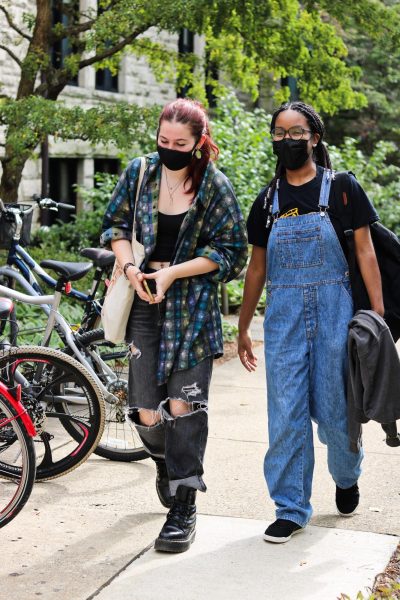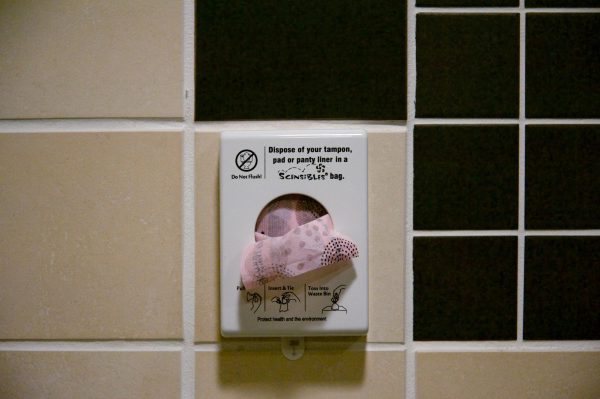Don’t Be A Voluntourist
The first time I realized I was voluntouring, my group had just left a monastery and orphanage in Yangon, Myanmar, after spending about an hour surveying the grounds. Just before we left, we bestowed “ceremonial gifts” of pencils and school supplies through a dramatized exchange that was perfectly staged for the iPhone videos fellow Americans took. We left feeling good about ourselves, but the kids there barely benefited at all. This type of travel experience is not uncommon, and the issues noted here are not unique. The story of the Christian missionary who recently died after disturbing a remote island community close to India has brought several important concepts and considerations to a national stage: “mission work,” white savior complex, neocolonialism, and voluntourism being just a few.
Traveling internationally, in so many ways, is a privilege. For one, there’s the economic piece. Traveling costs money. And then traveling as an American comes with its own set of privileges, offering access to at least 186 countries through a powerful passport. These privileges are not devoid of the sociopolitics omnipresent in the world, and are direct results of generations of imperialism, perceived national superiority, and a desired hegemony on the global stage.
In my experience, it is often some of the most well-intentioned people who can be ignorant of these privileges and perpetuate harm through their travels. It can be a Christian evangelist trying to spread the Good News, a student traveling with a local Catholic school to build a school in Haiti, or a college group traveling to Central America to express solidarity, but only achieving bandaid fixes.
While noble at face value, these activities — if done without intention and reflection — often result in the mindless perpetuation of supremacist values and the status quo. How does an American visit Haiti without any acknowledgement of the United States’ role in the transatlantic slave trade? How does an American travel to Central America with no understanding of the United States’ role in destabilizing the region? And how do you do any of that after voting for Trump, who has been openly hostile and violent toward people from many of these very places?
I am a firm believer that there is no right or wrong way to travel, but I do believe the privileges listed above cannot just be waived or ignored while traveling. People should be able to experience the world if they are able to — but they must do so with awareness. I am guilty of leveraging my privileges and passport while trying to understand the world more completely. But travelers must be cognizant, critical, and keenly aware of our positionality in doing so. And we can’t disregard the times we blatantly use our access in ways that are harmful, especially when doing so in the name of Jesus Christ or anyone else.
So what should one do? Be cognizant. If we move about the world with a greater understanding of ourselves, our privileges, the bags we carry, and how those realities affect other people, we can challenge ourselves to be better while also holding ourselves accountable when we fall short. I fell short in Myanmar, and have done so many times while traveling. We all need to learn — just not at the cost of others.




